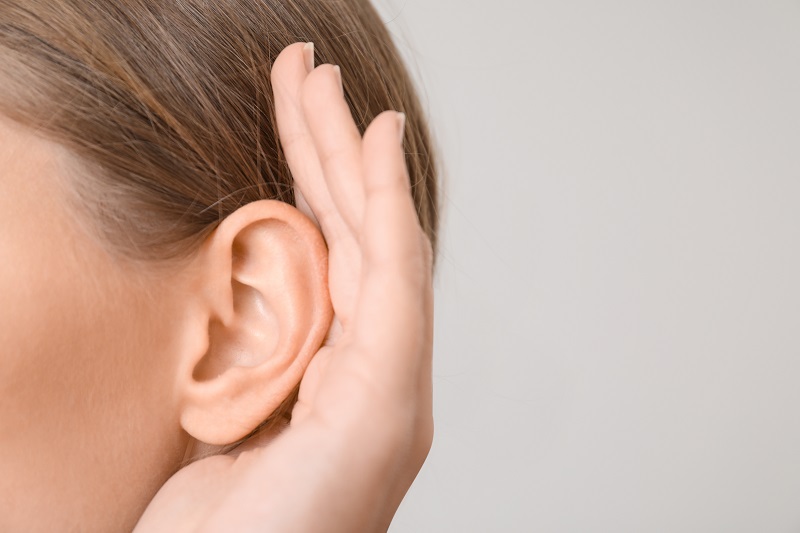If you experience frequent headaches, you know how annoying they can be. When they are very frequent and severe, these headaches can disrupt your day-to-day functioning. Performing your job responsibilities, cooking meals, taking care of your family, and even driving can become difficult due to headaches.
Although migraine headaches are well known for being painful and debilitating, non-migraine headaches can be just as frustrating and difficult to deal with for those who suffer from them regularly.
A new study identified another risk associated with headaches: the possibility of tinnitus, sudden deafness, or sensorineural hearing impairment. This study, conducted in Taiwan, compared data gathered from non-migraine headache patients and patients without headache. The researchers found that patients who suffered from non-migraine headaches were more likely to experience tinnitus, sudden deafness, or sensorineural hearing loss than those who did not have headaches.
In the study, the researchers controlled for variables that may affect a person’s risk for hearing disorders. With these variables taken into account, it was clear that the combined risk for tinnitus, sudden deafness, and sensorineural hearing loss was higher among those who experience non-migraine headaches. Previous research has established that patients who suffer from migraine headaches are also at risk for tinnitus, sudden deafness, and sensorineural hearing impairment. As of yet, the research does not clearly indicate why non-migraine and migraine headaches are linked to a greater risk for these hearing conditions.
Because of the increased risk in those with non-migraine headaches, it is essential that people who suffer from this type of headache speak with their health professionals about their headaches and any other symptoms they experience. If you experience frequent non-migraine headaches, be sure to visit your general physician on a regular basis, and seek a hearing care specialist if you notice any changes to your hearing or any symptoms of hearing difficulty or tinnitus. Based on your individual needs, your general practitioner may also refer you to a hearing care professional for additional, specialized care.
As with all health conditions, it is best to seek treatment early for headaches, tinnitus, hearing impairment, or sudden deafness. If you experience frequent or severe headaches (migraine or non-migraine) have not spoken with a healthcare professional about the condition, we recommend that you set up an appointment and speak with your doctor. They may be able to recommend treatment that could lessen the frequency or severity of your headaches. They will also be able to discuss with you the risk for tinnitus, sensorineural hearing impairment, and sudden deafness.
If you would like to learn more about this study, or if you would like to set up an appointment with our hearing professional, we invite you to contact our office today. Our experienced team is eager to care for you and provide you with the personalized treatment you need.




